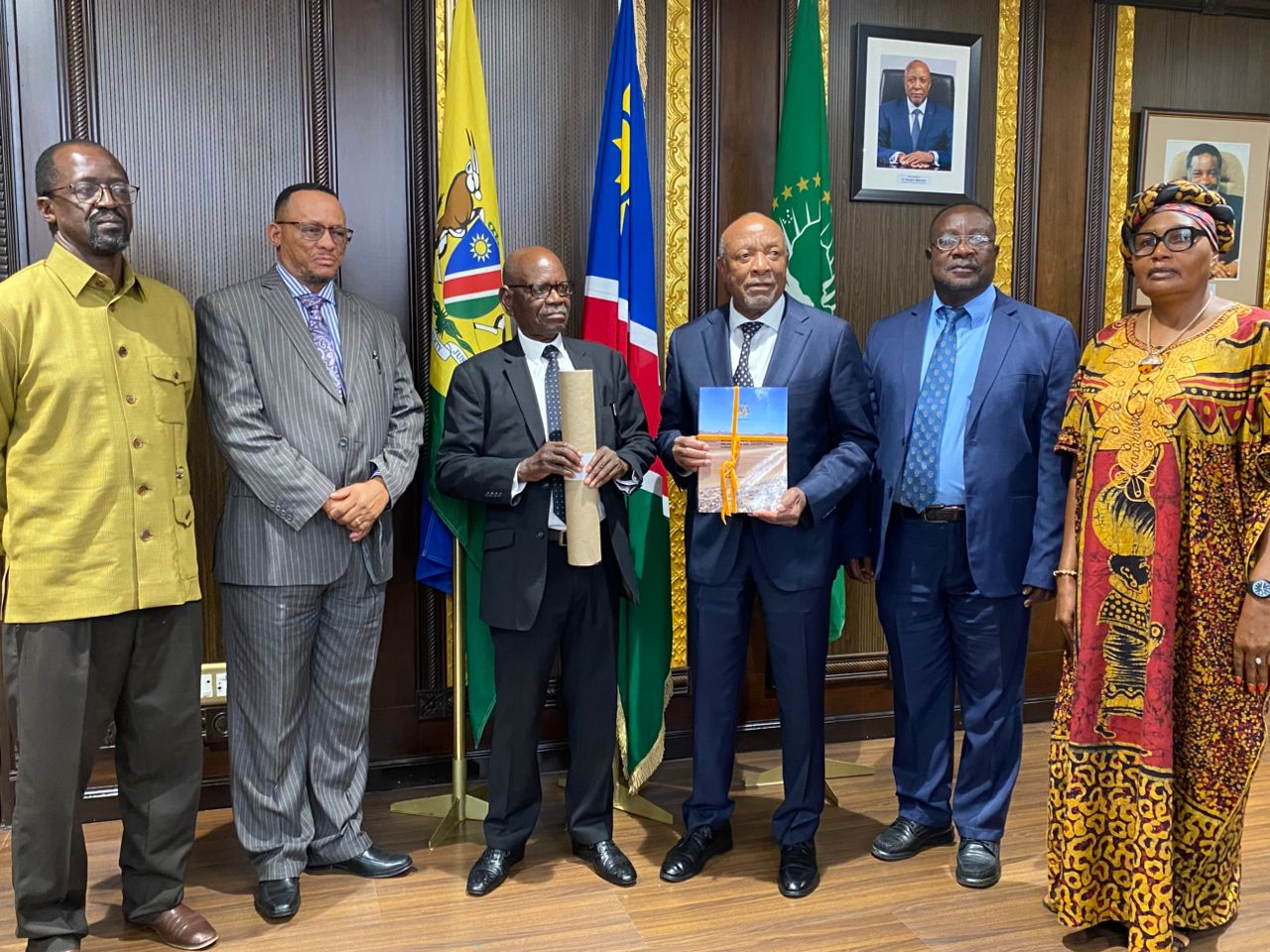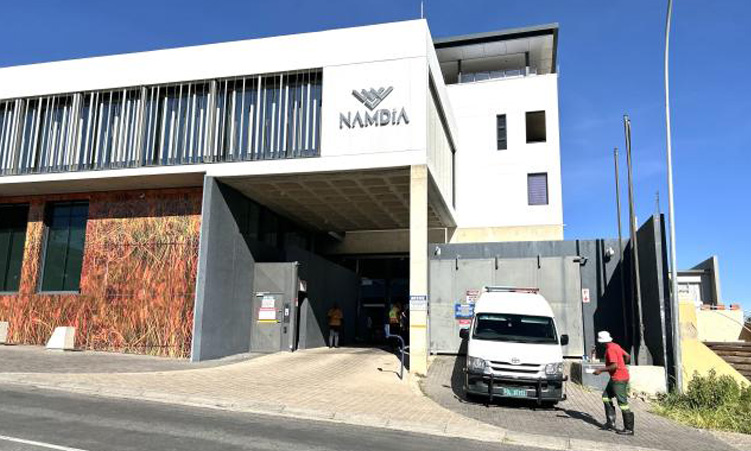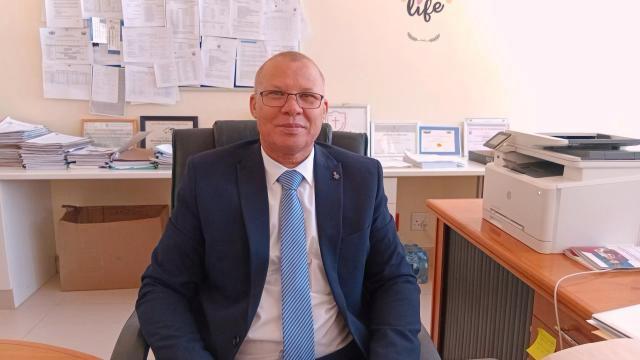CAIRO – Africa must seek to solve its own problems as the global economic crisis limits the ability of more developed countries to follow through on aid pledges, African ministers told a conference in Cairo.
But officials and delegates said international bodies must make good on recent pledges to help Africa, which has been roiled by last year’s sharp food price rises and fluctuating commodity markets.
‘We know the IMF has additional resources. Now it is a question of facilitating access for the African countries to those resources. We are hoping this will happen over the course of this year, ‘said Abdoulie Janneh, executive secretary of the United Nation’s Economic Commission for Africa.
Lending by the International Monetary Fund (IMF) to Africa is set to double this year. In the first five months of 2009, the IMF committed about US$1,6 billion to the continent.
Many delegates said their countries were still waiting to learn what share they would receive and under what conditions.
Egypt’s finance minister Youssef Boutros-Ghali, who also chairs the IMF’s policy setting committee, called on African countries to realistically assess the likelihood the continent would remain a top priority for a global system reeling from the worst economic crisis since the Great Depression.
‘Let’s not fool ourselves. The developed countries are concerned mostly with solving their own problems, ‘Boutros-Ghali said, adding that while emerging economies are widely seen as key to global recovery, it is large economies such as China, India, Brazil that are in focus.
‘We are on our own, ‘Boutros-Ghali said.’ Unless we do it, nobody is going to do it for us. And I am a firm believer in the capacities of this continent to be able to pull itself up (with) its own bootstraps, ‘ he said.
Momodu Kargbo, Sierre Leone’s deputy finance minister, told Reuters that external assistance, while still necessary to get his country back on its feet after years of civil war, was not the primary focus of his government.
‘Increasingly we have to depend on ourselves for support because one thing that is lacking with aid is predictability, ‘he said.
DIRE NEEDS
Ethiopia’s finance minister agreed with the sentiment, but said Africa’s needs were dire and required short-term help.
‘We have to be practical. Most African countries at this critical time need external assistance. The international community made a commitment (and) we have to push, we have to get additional resources, ‘Sofian Ahmed said.
G20 leaders agreed US$1,1 trillion extra funding for the IMF at a summit in London in April. Soon after, a bank lobby group said the IMF should push for countries to approve the money within 90 days of the summit, or by July 2.
The UN’s Janneh said delegates at the Cairo conference were emphasising two points – that the international community must fulfil its commitments and that Africa must not rely on receiving the aid.
‘We are getting support and understanding from the international community but this is a global crisis and therefore it calls for global action,’ he said. ‘But within that they want to emphasise the need for Africa to take the responsibility to fix Africa. ‘
-Nampa-Reuters
Stay informed with The Namibian – your source for credible journalism. Get in-depth reporting and opinions for
only N$85 a month. Invest in journalism, invest in democracy –
Subscribe Now!









